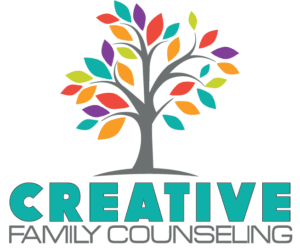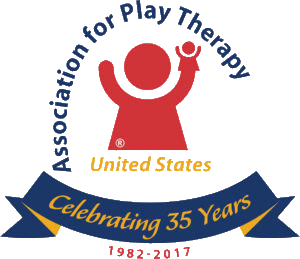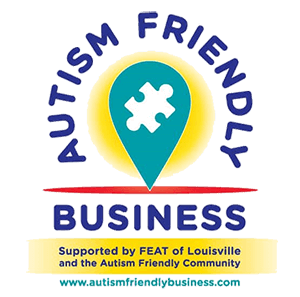EMDR
If your pain has become overwhelming, you are not alone.
What is EMDR?
EMDR is an evidence-based therapeutic treatment that is highly effective in relieving strong emotions related to previous experiences. A psychologist named Dr. Francine Shapiro developed this therapeutic intervention in 1987, and it has been extensively researched since that time. This research supports that EMDR is effective in treating post-traumatic stress disorder.
In addition to successfully treating trauma, clinicians also find that clients find a reduction of symptoms related to:
- anxiety
- panic attacks
- phobias
- complicated grief
- stress
- history of abuse and neglect
- performance issues
EMDR stands for Eye Movement Desensitization and Reprocessing. During her research, Dr. Shapiro discovered that the back and forth motion of eye movements (bilateral stimulation), seemed to relieve the intensity of strong emotions and the disturbance of memories from her past. And so began the development of a therapeutic intervention that has changed many people’s lives.
How does EMDR work?
Implicit memory (our unconscious) uses past experiences to affect our present-day thoughts and behaviors. Most times people are unaware of how past experiences impact the way they behave in the present day. For example, perhaps you are suffering from panic attacks that seem to have no rhyme or reason to them.
Interventions such as EMDR can help to:
- reduce the intensity of your symptoms from which you are suffering
- uncover possible past experiences that may contribute to the development of that panic
- allow you to recover the ability to stay in the present
- not be “pulled into the past,” so to speak.
There is hope.
EMDR works better on trauma than traditional talk therapy methods.
For clients who have suffered a traumatic event, these past experiences can cause a “frozen” response, leaving the person experiencing memories, emotions, and physical responses to a trauma over and over again even though the traumatic event has ended. Treatments such as EMDR help the brains of trauma survivors process information differently, allowing them to “unfreeze” and resume normal information processing.
Who can help me and where can I get help with EMDR?
The Creative Family Counseling team includes several team members who utilize EMDR from the trauma treatment toolbox. It is an integrative and powerful tool. EMDR is best used within a therapeutic relationship where rapport and trust have been established. Your work will be tailored to meet your therapy goals. EMDR therapy can be used in an adjunctive manner with traditional talk therapy.
How do get started with EMDR?
1. Contact our Practice Administrator to be matched with an EMDR Therapist who fits your needs.
2. Schedule an intake appointment to discuss your concerns and goals.
3. Allow your Therapist to create an individualized treatment plan for you.
4. Work together to meet your goals.
5. Enjoy a happier and fulfilling life.
Still have Questions?
Visit our Frequently Asked Questions page to have additional questions answered!





